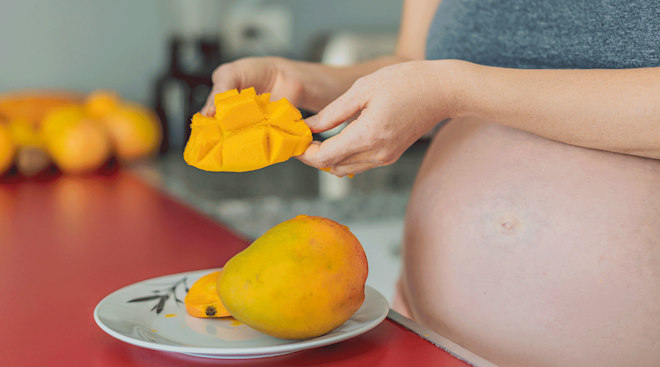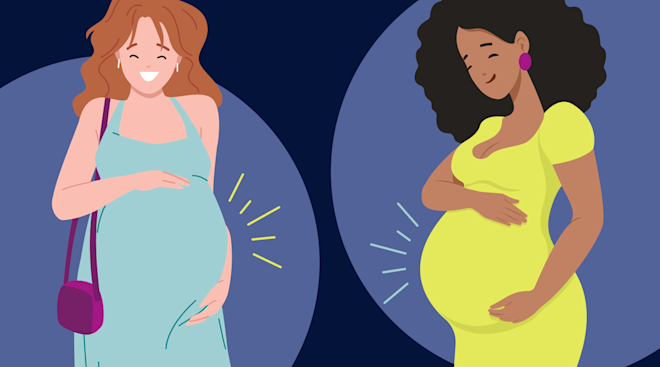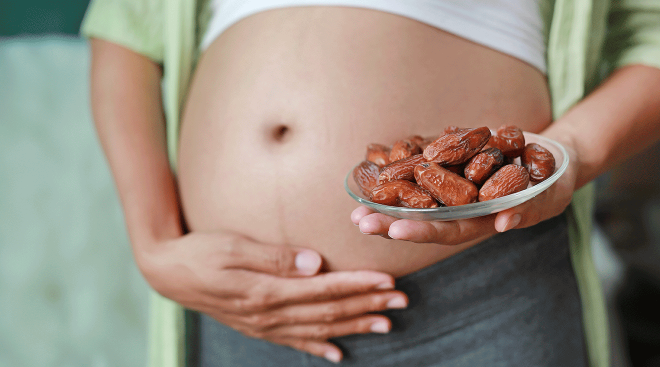Reducing Sugar in Baby’s First 1,000 Days May Pack Big Health Benefits
Your baby’s diet during the first 1,000 days—beginning in pregnancy and extending through their toddler years—can impact their health for years to come.
A new study published in Science highlights how reducing sugar intake within the first two years can lower the risk of chronic illnesses later in life. The study found that cutting sugar intake starting at conception and continuing through the first 1,000 days reduced the risk of type 2 diabetes by about 35% and high blood pressure by around 20%.
According to researchers, this protection began during pregnancy and increased when sugar was limited in the baby’s diet, especially after six months, when solid foods are typically introduced. Mom’s reduced sugar intake alone accounted for about one-third of the risk reduction. The study also found that for those who did develop these diseases, cutting sugar early in life delayed the onset by four years for type 2 diabetes and two years for high blood pressure.
Researchers analyzed data from World War II-era sugar rationing in the UK, when daily sugar consumption was limited to about 40 grams. After rationing ended in 1953, sugar intake doubled, providing a unique opportunity to study its effects on health.
But why does limiting sugar during these first 1,000 days have such a profound effect on a child’s long-term health? Study author Tadeja Gracner, an economist at the University of South Carolina, explains that the benefits may stem from multiple factors. Exposure in the womb might affect fetal development in ways that predispose a child to metabolic diseases. While babies introduced to sugary foods might also develop a preference for sweets, which can lead to higher sugar intake in adulthood.
So what can parents do? Experts recommend that pregnant women be mindful of their sugar intake and, once baby arrives, try to keep sugar intake low, especially in those first two years. If you are struggling to adhere to a strict diet though don’t stress too much. Gracner emphasizes that parents aren’t solely responsible, and that awareness campaigns, sugar taxes, and stricter regulations on food formulation and labeling are also needed. “It’s very difficult to eat within recommended guidelines in our current environment—and that difficulty starts very early in life,” she adds.
Looking for some healthy additions during those first 1,000 days? Check out these 19 healthy pregnancy snacks to satisfy all your cravings and these 24 fun ideas for baby and todlers.
Navigate forward to interact with the calendar and select a date. Press the question mark key to get the keyboard shortcuts for changing dates.





















































